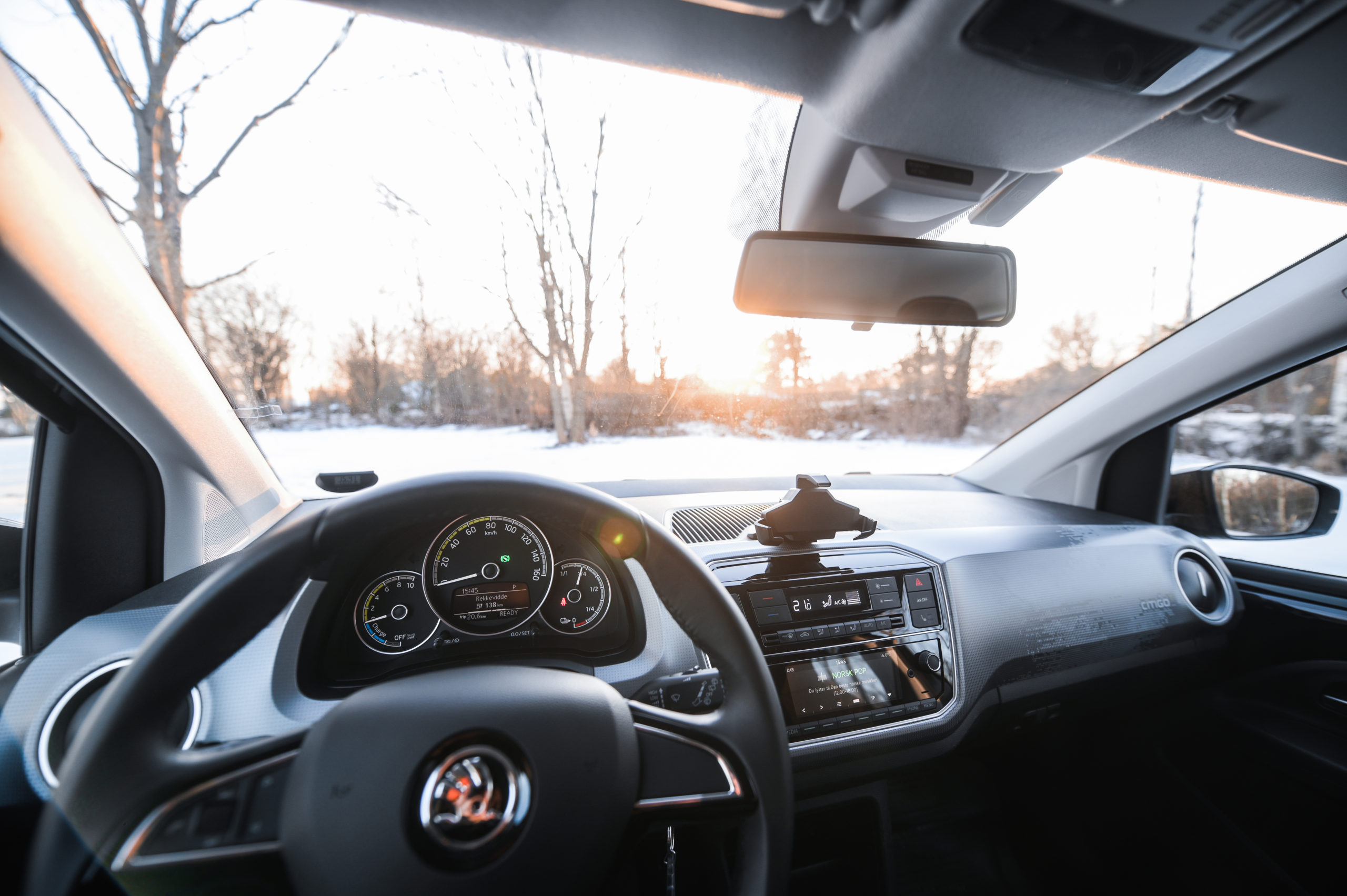Connect with us
Published
2 years agoon

Even though the country has elevated its public awareness and law enforcement training in efforts to deter driving while high, a new government survey found that a third of Canadians who have recently used cannabis report they’ve driven after consuming.
EKOS for Public Safety and Emergency Preparedness Canada conducted the survey in January 2022. The survey found 33% of Canadians reporting cannabis use within the previous year have driven under the influence; among Canadians who reported using cannabis at some point in their lives, 26% said they have driven after consuming it.
The responses were randomly recruited mostly through a self-administered, online questionnaire, analyzing a total of 2,193 responses.
The survey also asked respondents to explain their reasoning behind driving after consuming cannabis. About 10% said they didn’t know better at the time or weren’t educated about the risks of driving high; about 39% reported they didn’t feel impaired, and 23% said they thought they could drive safely after consuming cannabis.
The survey also found just under a third of respondents (30%) reported that they had traveled as a passenger in a vehicle, knowing that the driver was high.
Public Safety Canada developed a “Don’t Drive High” campaign in 2017 including paid advertising, before most cannabis products were legalized in 2018 and cannabis-infused edibles were legalized in 2019. The campaign appeared on social networking sites and TV, and the government has previously called it a success.
It’s been an ongoing challenge, both in Canada and beyond, not only the effort to discourage cannabis-impaired driving but also the need for improvements to detect cannabis impaired driving to begin with. A 2021 study from the Canadian Medical Association looked at the association between legalizing recreational cannabis and fatal vehicle collisions, ultimately finding no conclusive difference between the first and subsequent years following cannabis legalization.
“We were really interested in trying to look and see if there was an association between legalization and increases in fatal motor vehicle collisions,” said Sarah Windle, a lead author in the study. “The data wasn’t there yet for Canada. So, we looked to the United States.”
The country’s leading anti-impaired driving advocacy group points to the “myth” that cannabis use doesn’t affect driving ability or makes a user a better driver.
“Unfortunately, there’s this persistent myth that if you drive under the influence of cannabis, you’re … a better driver than when you’re sober,” Eric Dumschat, MADD (Mothers Against Drunk Driving) Canada’s legal director, told CBC News. “And that’s one of the things that I know we at MADD Canada especially are having some difficulty dislodging, is this myth that people think that they’re safe drivers.”
Though, the 2021 study also notes that this conversation is a bit more complex than it seems on the surface. While technology is in the works to detect cannabis-impaired driving, Windle said that the detection efforts in place for alcohol inebriation don’t necessarily correlate in a conducive way to cannabis use.
“We know that cannabis has an impact on driving,” Windle said. “Detecting cannabis, it doesn’t necessarily correspond directly to impairment. That’s a big, big challenge in this literature. At what level is somebody really impaired? And it seems that varies on many factors: by (the) individual, by their level of tolerance, how often are they using, what kind of cannabis, and its potency, are they using?”
Dumschat also said, even though he believes driving under the influence of cannabis is dangerous, driving under the influence of alcohol is worse.
There is already technology available to detect the presence of cannabis, cannabinoids and other drugs in a person’s system, but professionals say it’s more complicated than simply detecting cannabis in a user’s system; the body’s level of THC doesn’t always have a direct correlation with impairment and may very depending on the person.
The survey results may also indicate there is an increased awareness of the effect of cannabis on driving ability: 86% of respondents, including those who don’t use cannabis, agreed that it impairs driving ability. The figure is the same as it was in 2020 but an increase from the 81% recorded in 2017.


Clinical Trial To Assess LSD Microdosing For PMS


Survey: High-THC Flower Yields Few Serious Side Effects in Patients


Connecticut House Approve Bill Regulating Hemp Products


Hemp Clothing Market to Hit $23B by 2031, Report Predicts


Despite City Efforts, Hemp Shops Posing as Dispensaries Prevail in Las Vegas


Cannabis Community, Investors React to DEA Decision To Reschedule
